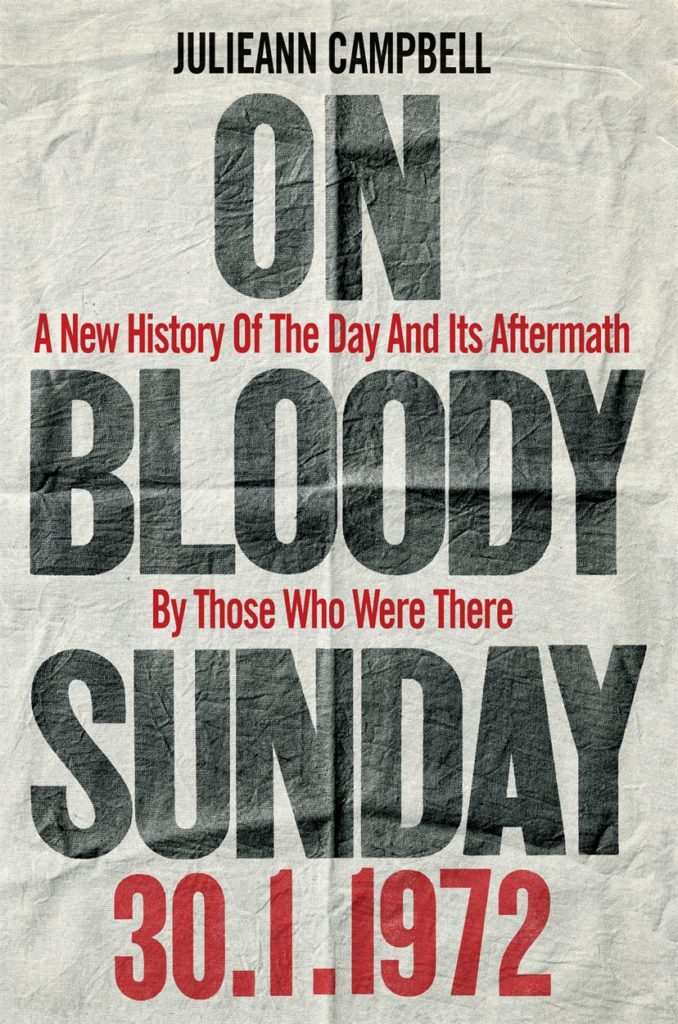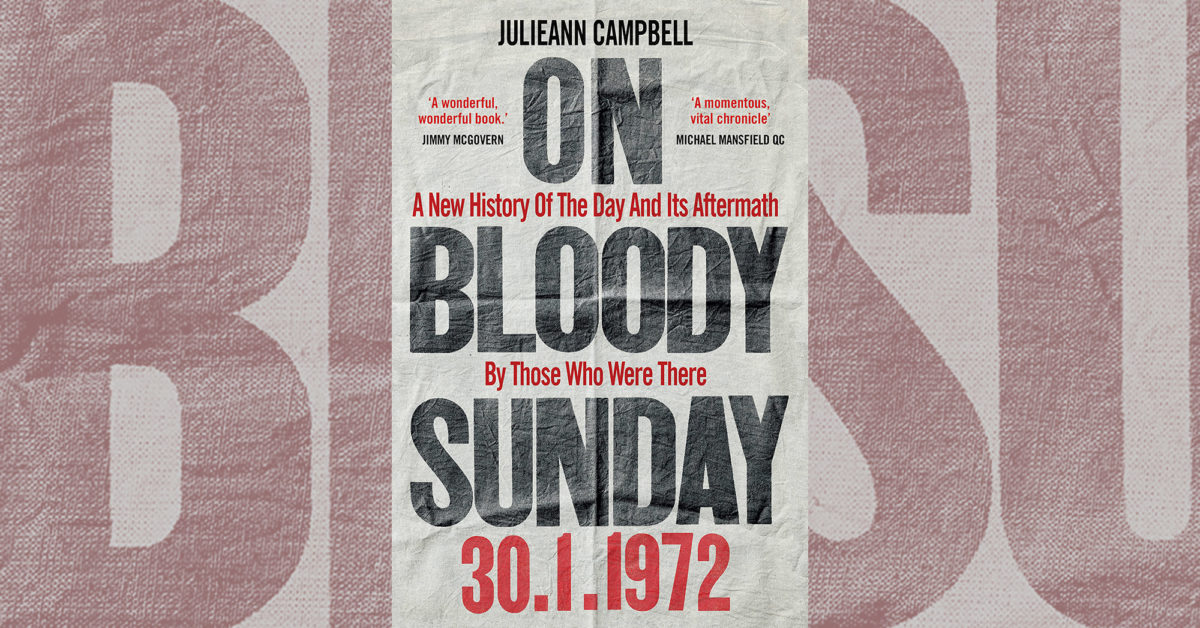On Bloody Sunday: A New History of the Day and Its Aftermath—By Those Who Were There, by Julieann Campbell, Monoray, London, 2022, $29.99
The “Bloody Sunday” killings of Jan. 30, 1972, remain among the greatest stains in British and Irish history. As both nations mark its 50th anniversary, this book (along with Douglas Murray’s Bloody Sunday: Truth Lies and the Saville Inquiry) joins a growing list of related titles. Author Campbell, a niece of slain Catholic protester Jackie Duddy, presents the collected oral histories of more than 100 participants, survivors and officials, including 20 accounts published here for the first time. Among those interviewed are such notable Catholic and Irish Republican figures as Bishop Edward Daly, John Hume and Martin McGuiness. The author interweaves such personal narratives with contemporary news accounts and British government documents, supported with photographs, endnotes and glossaries.
Partitioned off from the rest of Ireland in 1921, the six counties of Northern Ireland were inhabited largely by willing British subjects, a majority of whom were Protestant. Living among them were an underrepresented Catholic minority who chafed under local rule known as Stormont. Inspired by the American civil rights movement, the Northern Ireland Civil Rights Association organized public marches in the late 1960s. Unfortunately, among the peaceful protesters were rock-throwing hooligans and bomb-throwing IRA gunmen, who prompted retaliation from Protestant police and paramilitary forces as well as British soldiers. The rising violence led to the deaths of civilians and security forces alike. During the march in Derry on Bloody Sunday 1972, however, the elite British Parachute Regiment, aka “Red Devils,” lived up to their sanguinary nickname, shooting 26 unarmed protesters, 14 of whom died.
An initial British government inquiry by Chief Justice John Widgery sided with the British army’s account of the incident, including false claims they’d been fired on. Only after years of campaigning did victims’ survivors receive a measure of closure with the British Parliament’s Saville Inquiry, published in 2010, which squarely blamed the soldiers and exonerated the victims previously classified as terrorists. While no soldiers faced prosecution, British Prime Minister David Cameron did apologize on behalf of the British government.
Campbell’s narrative presents a nearly real-time impression of events as the voices of those present relate their collective experience of that tumultuous day. Her book is a reality check and poignant reminder of the human toll of conflict.

On bloody sunday
A New History of the Day and Its Aftermath—By Those Who Were There
By Julieann Campbell
This post contains affiliate links. If you buy something through our site, we might earn a commission.





